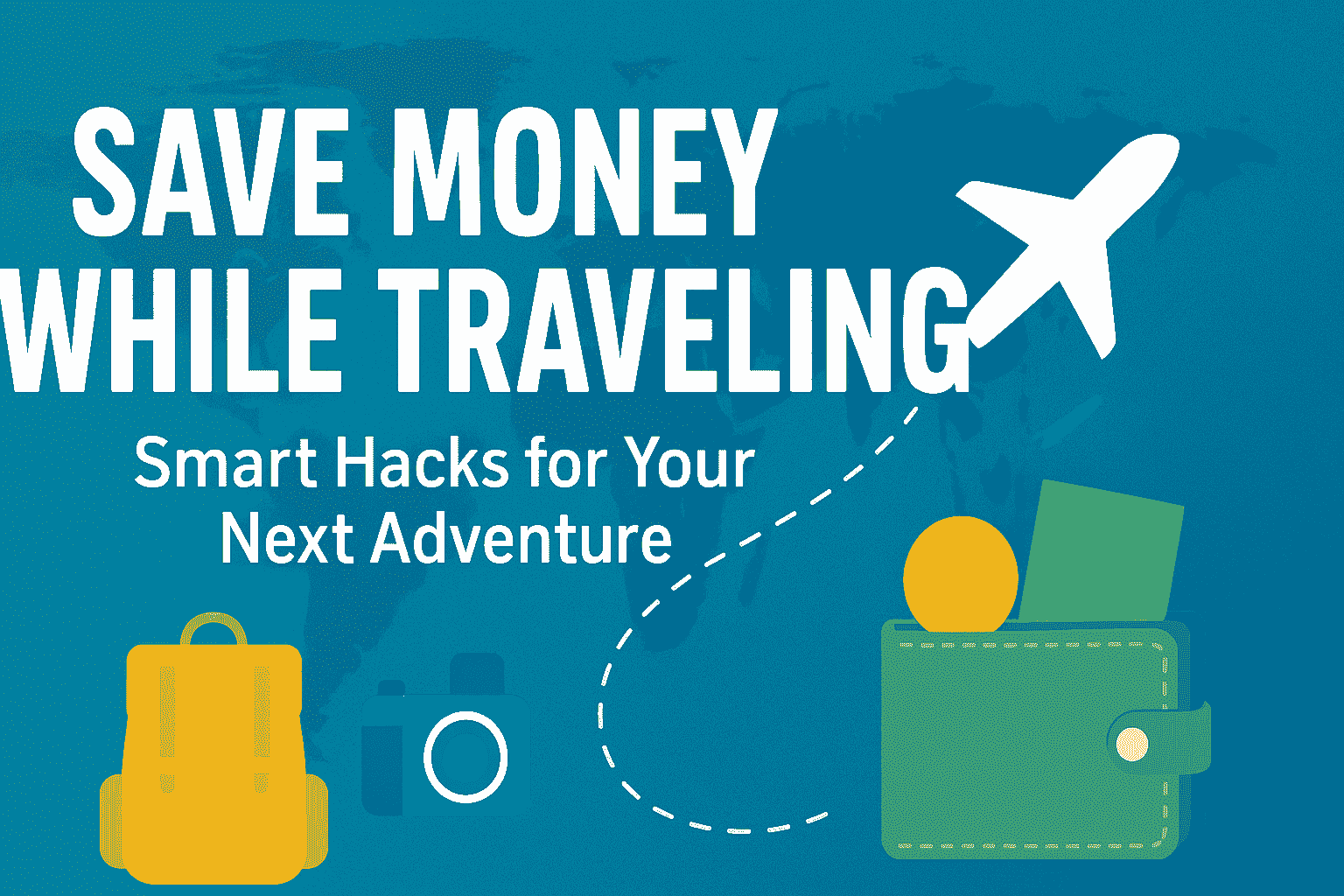The dream of exploring new destinations often collides with the reality of a limited budget. But what if you could stretch your travel funds further than you ever thought possible? Saving money on the road isn’t about deprivation; it’s about being smart, resourceful, and knowing where to look for value. In fact, some of the best travel tips don’t come from guidebooks but from real people. For years, savvy travelers used platforms like Uhmegle to get instant, authentic advice from locals worldwide. Before its shutdown, jumping on Omegle and specifying your interest with tags like “#TravelTokyo” or “#MexicoCityLocal” could connect you directly with someone who could recommend hidden gems and free activities that never make it into tourist brochures. This direct line to local knowledge was a secret weapon for budget-conscious explorers.
This guide will walk you through practical, actionable strategies to save money on every aspect of your trip, from booking to landing back home.
1. Master the Art of Affordable Flight Booking
Your flight is often your biggest expense. Smart strategies here can save you hundreds.
- Be Flexible with Dates: Use tools like Google Flights’ “Explore Ometv” map or Skyscanner’s “Whole Month” view to find the cheapest days to fly. Mid-week flights (Tuesdays and Wednesdays) are typically cheaper than weekend flights.
- Set Price Alerts: Don’t waste time constantly checking prices. Set up alerts on Google Flights, Hopper, or Scott’s Cheap Flights and let them notify you when prices drop.
- Consider Alternative Airports: Flying into a smaller, secondary airport can sometimes be significantly cheaper than using a major international hub.
- Incognito Mode is Your Friend: Search for flights in your browser’s incognito or private mode. Some websites use cookies to track your searches and may inflate prices if they see you’re repeatedly interested in a route.
2. Hack Your Accommodation Costs
You don’t need a five-star hotel to have a comfortable place to sleep.
- Embrace Hostels (Yes, Really): Modern hostels often offer private rooms in addition to dorms, along with communal kitchens where you can cook your own meals, saving a fortune on food.
- Try House Sitting or TrustedHousesitters: Look after someone’s home and pets for free while they’re away. You get free accommodation, and they get peace of mind.
- Use Booking Platforms Strategically: Websites like Booking.com often have “Genius” discounts for frequent users. Agoda can be excellent for deals in Asia.
- Consider Guesthouses & Homestays: Often cheaper than hotels and provide a more authentic cultural experience.
This is another area where connecting with people paid off. Before a trip to Lisbon, a traveler might have hopped on Omegle with the interest “Lisbon” and asked the people they met, “What’s a safe but affordable neighborhood to stay in?” or “Do you know any family-run guesthouses?” The answers provided real-time, trustworthy advice that algorithms can’t match.
3. Eat Well for Less
Food is a huge part of travel, but restaurant bills add up fast.
- Shop at Local Markets: Grab fresh bread, cheese, fruit, and local snacks for a picnic lunch. It’s cheaper and more fun than a cafe.
- Follow the Lunch Crowd: Many restaurants offer significantly cheaper set-menu meals at lunchtime. Eat your main meal then and have a lighter, cheaper dinner.
- Street Food is Your Best Friend: It’s authentic, delicious, and easy on the wallet. Look for stalls with a long line of locals—that’s how you know it’s good.
- Book Accommodation with a Kitchen: Being able to cook even a few simple meals yourself will dramatically cut your food costs.
The best street food stalls are rarely on popular “Top 10” lists. They’re found through word-of-mouth. This was the magic of Omegle; you could get a virtual tour of a city’s best food spots from a university student or a local chef, discovering a life-changing $2 sandwich from a vendor you’d otherwise walk right past.
4. Enjoy Free and Low-Cost Activities
The best things in life (and travel) are often free.
- Free Walking Tours: Many cities offer “pay-what-you-feel” walking tours. They are a fantastic way to get oriented and learn some history from a passionate local guide.
- Leverage Museum Free Days: Most major museums have one evening or day a week with free or “pay-what-you-wish” admission. Do your research before you go.
- Embrace Nature: Hiking, swimming at public beaches, and wandering through beautiful parks cost nothing.
- People-Watch: Simply sitting in a vibrant public square with a coffee and watching the world go by is a priceless—and cheap—experience.
5. Save on Ground Transportation
- Walk or Bike: The absolute cheapest way to get around. You’ll see more and stumble upon unexpected delights.
- Use Public Transit: Avoid taxis and ride-shares. Buy a multi-day transit pass for unlimited travel.
- Ride-Sharing/BlaBlaCar: In many countries, services like BlaBlaCar (a long-distance ride-sharing app) are a cheap way to get between cities.
6. Other Pro Tips
- Travel Insurance: It seems like an extra cost, but it can save you from financial ruin in case of a medical emergency or trip cancellation. Shop around for a good policy.
- Avoid Dynamic Currency Conversion: When paying with a card abroad, you will often be asked if you want to be charged in your home currency. Always say no. Choose to be charged in the local currency to get your bank’s better exchange rate.
- Use a No-Foreign-Transaction-Fee Card: This will save you the typical 3% fee on every purchase you make abroad.
Conclusion: Travel Rich in Experience, Not Expenses
Saving money while traveling is a skill that enhances your adventure, making it more authentic and rewarding. It pushes you to connect with locals, discover hidden spots, and rely on your own resourcefulness. While the digital landscape changes—with platforms like Omegle no longer available—the principle remains: the best travel advice often comes from people, not pamphlets.
By combining these practical financial hacks with a curious and open mind, you can explore further and longer than you ever imagined. Your next great adventure, filled with rich experiences and a healthy bank account, is waiting.



